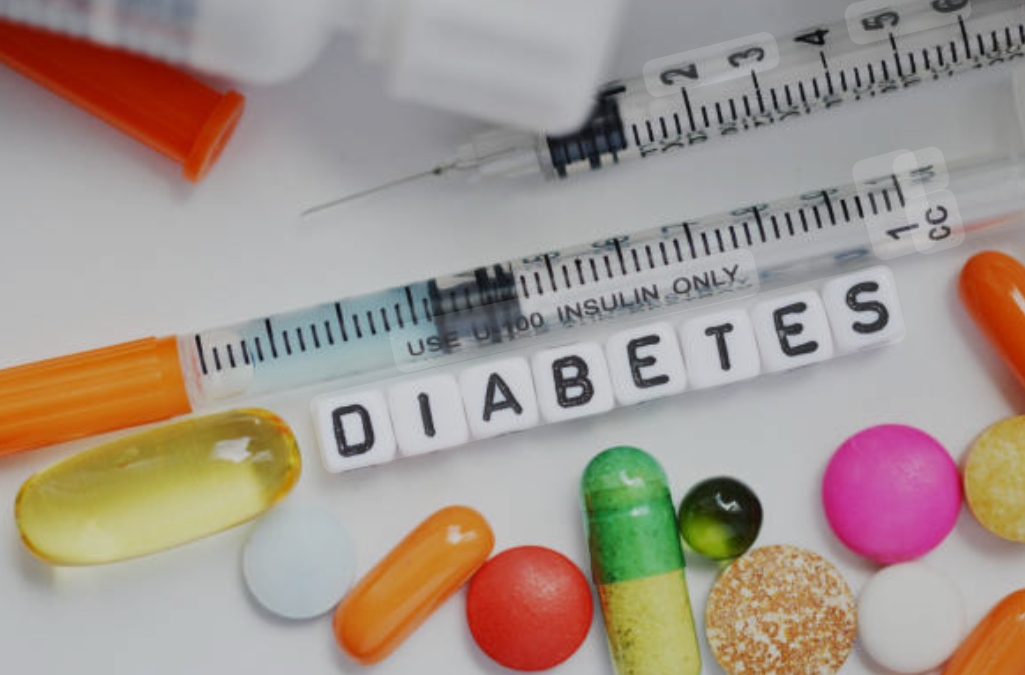A recent study from the University of Cambridge has highlighted the significant health risks associated with daily consumption of processed meat, particularly in relation to Type 2 diabetes. As more people adopt convenience-driven diets that include high amounts of processed foods, the findings from this research serve as an urgent reminder to reassess these eating habits for long-term health.
What is Processed Meat?
Processed meat includes any meat that has been modified through smoking, curing, salting, or adding preservatives. Popular examples include bacon, sausages, hot dogs, ham, and deli meats. These foods are staples in many diets, but their health effects have been a topic of increasing concern over the past few decades.
Key Findings of the Cambridge Study
The University of Cambridge’s research has provided compelling evidence that daily consumption of processed meats is linked to a higher risk of developing Type 2 diabetes. The study, which analyzed dietary habits and health outcomes over several years, found that individuals who consumed processed meat regularly were significantly more likely to develop Type 2 diabetes than those who ate little to no processed meat.
The risk increase was attributed to several factors present in processed meats, including high levels of sodium, nitrates, and unhealthy fats. These components are believed to contribute to insulin resistance, a key factor in the development of Type 2 diabetes.
Understanding the Science
The study focused on how processed meats can disrupt the body’s ability to regulate blood sugar. Sodium and preservatives commonly found in these foods may lead to inflammation, which can interfere with insulin signaling. Additionally, the saturated fats in processed meats contribute to increased cholesterol levels and obesity, both of which are major risk factors for Type 2 diabetes.
Processed meats often contain additives like nitrites and nitrates, which have been linked to oxidative stress and cellular damage. Over time, these effects may contribute to the breakdown of the body’s natural insulin production and regulation, increasing the likelihood of diabetes onset.
Implications for Public Health
The University of Cambridge’s findings are a wake-up call for individuals and policymakers alike. The modern diet is often laden with convenient, processed foods that can silently contribute to serious health issues. The connection between processed meat and Type 2 diabetes underscores the need for healthier dietary choices and greater awareness of the risks associated with these foods.
Public health initiatives could benefit from promoting reduced consumption of processed meats, encouraging people to substitute these items with healthier alternatives such as lean meats, plant-based proteins, and whole foods. A shift in dietary habits could potentially lower the risk of Type 2 diabetes on a broader scale.
Making Healthier Choices
For those looking to reduce their risk of Type 2 diabetes, minimizing the intake of processed meats is a simple yet effective strategy. Replacing processed meats with healthier protein options such as beans, legumes, fish, and unprocessed meats can have a positive impact on overall health.
Additionally, focusing on a diet rich in fruits, vegetables, whole grains, and healthy fats can help support better blood sugar control and reduce inflammation, further lowering the risk of diabetes.
Conclusion
The University of Cambridge study provides clear evidence that regular consumption of processed meat is linked to an increased risk of Type 2 diabetes. As more research sheds light on the detrimental effects of processed foods, it becomes increasingly important for individuals to make informed dietary choices. By cutting down on processed meats and opting for more natural, whole foods, people can take a proactive step toward safeguarding their long-term health.
Reducing processed meat consumption may not only reduce the risk of Type 2 diabetes but also improve overall health and longevity. As the research continues to evolve, it is crucial to remain mindful of the food choices we make every day.


















